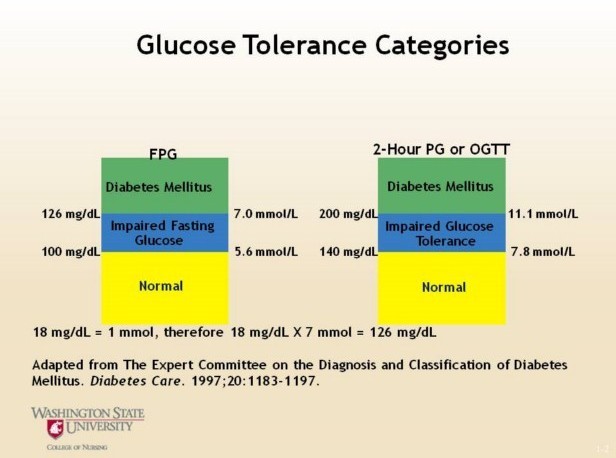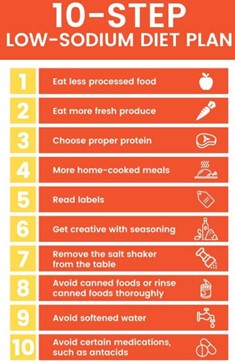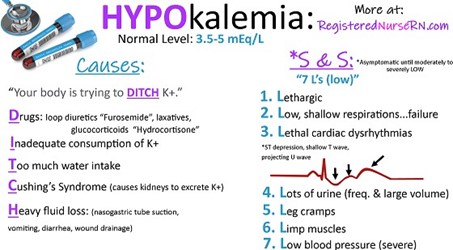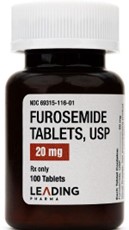A program of weight loss and exercise is recommended for a patient with impaired fasting glucose (IFG). When teaching the patient about the reason for these lifestyle changes, the nurse will tell the patient that:
The onset of diabetes and the associated cardiovascular risks can be delayed or prevented by weight loss and exercise.
Although the fasting plasma glucose levels do not currently indicate diabetes, the glycosylated hemoglobin will be elevated.
The high insulin levels associated with this syndrome damage the lining of blood vessels leading to vascular disease.
The liver is producing excessive glucose, which will eventually exhaust the ability of the pancreas to produce insulin, and exercise will normalize glucose production.
The Correct Answer is A
This statement is correct. Impaired fasting glucose (IFG) is a condition in which the fasting blood glucose level is higher than normal but not high enough to be diagnosed as diabetes. However, people with IFG are at increased risk of developing type 2 diabetes and cardiovascular disease. Weight loss and exercise can help to prevent or delay the onset of diabetes and reduce the risk of cardiovascular disease.

Nursing Test Bank
Naxlex Comprehensive Predictor Exams
Related Questions
Correct Answer is A
Explanation
This meal choice is low in sodium as it contains fresh ingredients and does not include processed or pre-packaged foods that are typically high in sodium. Chicken, bread, and carrots are naturally low in sodium, and the client can control the amount of added salt or seasoning. In contrast, the other food choices are likely to be high in sodium due to added salt, cheese, or processed ingredients.
Therefore, the nurse should encourage the client to choose fresh, low-sodium foods and avoid processed or pre-packaged meals.

Correct Answer is B
Explanation
Furosemide is a loop diuretic that works by blocking the reabsorption of sodium and chloride in the ascending loop of Henle in the kidney, leading to increased urine output. However, this medication can also cause potassium loss through increased urinary excretion, which can lead to hypokalemia (low potassium level). Hypokalemia can cause confusion, weakness, and other neurological symptoms.
The normal range for serum potassium is 3.5 to 5.0 mEq/L. A potassium level of 2.9 mEq/L is below the normal range and is considered hypokalemic. Therefore, the nurse should correlate the client's confusion with the low potassium level and notify the healthcare provider to adjust the medication or provide potassium supplements if indicated.


Whether you are a student looking to ace your exams or a practicing nurse seeking to enhance your expertise , our nursing education contents will empower you with the confidence and competence to make a difference in the lives of patients and become a respected leader in the healthcare field.
Visit Naxlex, invest in your future and unlock endless possibilities with our unparalleled nursing education contents today
Report Wrong Answer on the Current Question
Do you disagree with the answer? If yes, what is your expected answer? Explain.
Kindly be descriptive with the issue you are facing.
